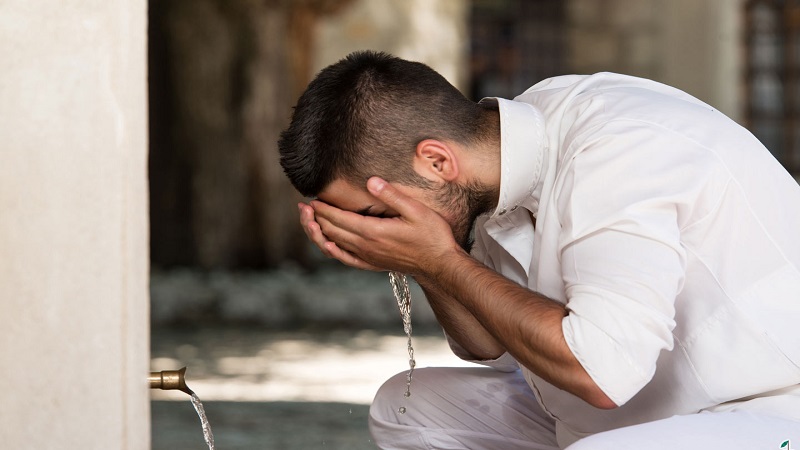With increasing concern around how Muslims should safeguard against the novel coronavirus, the Muslim Judicial Council (MJC) has issued some guidelines to mosques and musallees in a bid to lower the risk of the virus spreading. The World Health Organisation has declared COVID19 a global pandemic, as more than 4,900 people have died and over 132,000 have been infected globally.
On Friday, the national Minister of Health confirmed there are two more laboratory-confirmed cases of COVID-19 in the Western Cape – bringing the total number of confirmed cases in the province to three. In South Africa, the number of positive cases has also risen to 24, with the tally expected to increase as more test results come through.
Concerns have been raised by religious leaders in South Africa, with many Christian priests and pastors urging their congregations not to engage in physical interaction.
In a statement yesterday, the MJC urged anyone who is sick to perform congregational prayers at home. The use of towels by more than one person at the mosque is discouraged. Disposable ecofriendly paper towels are advised. If possible, musallees are asked to perform at wudhu at home.
The MJC says at this stage, there are no grounds to discourage the sunnah of handshaking.
The ulema have encouraged Muslims to follow the sunnah of the Prophet Muhammad (pbuh) in observing general hygiene principals at all levels.
- Frequent hand washing has been proven to reduce the transmission of microorganisms such as viruses.
- The use of soap is encouraged. Liquid soap from dispensers is better than bars of soap, but the solid form is preferable to nothing being used.
- The touching of the face should be minimized.
- The etiquette of coughing or sneezing into the sleeve or handkerchief needs to be followed. Sneezing and coughing into tissues and then disposing of the tissues in a bin is encouraged.
- Hygiene is only one aspect of health. A balanced diet, some exercises and the use of medication by those with medical conditions are other important considerations.
- The wearing of facemasks have no proven value in preventing the general public from acquiring the disease at the moment. Those infected, and those working with them, such as medical and cleaning personnel, are encouraged to wear them.
The guidelines come after the MJC hosted a workshop on COVID19 with the Islamic Medical Association.
READ MORE: https://voiceofthecape.wpengine.com/mjc-unpacks-consequences-of-covid19-for-muslims/
READ THE STATEMENT BELOW:









 WhatsApp us
WhatsApp us 

